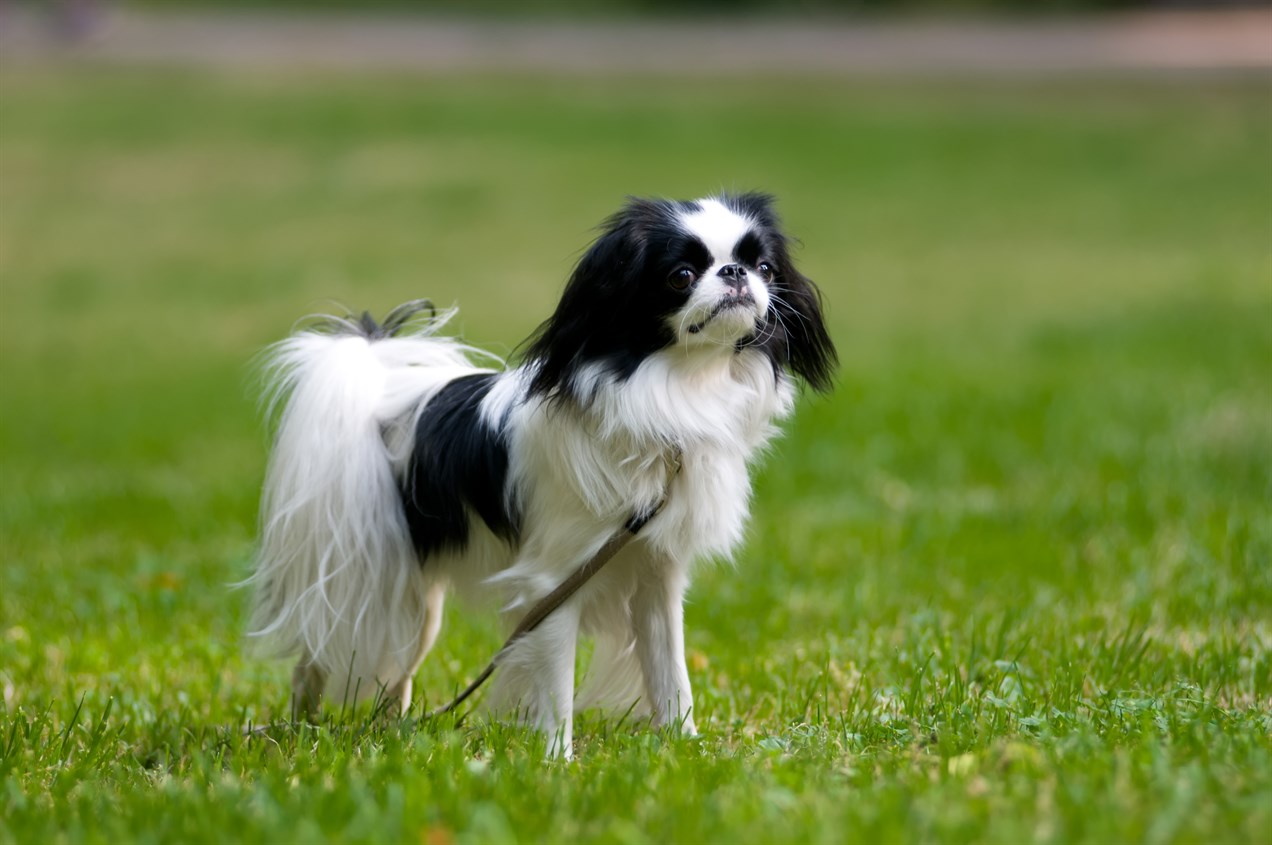Barking Habits of the Japanese Chin: Understanding Their Vocal Nature

The Japanese Chin is a breed known for its distinctive appearance and charming personality. When it comes to barking, Japanese Chins exhibit unique habits that are influenced by their temperament and surroundings.
Understanding Japanese Chin Barking
Japanese Chins are not typically considered excessively vocal compared to some other small breeds. However, their barking habits can vary from one individual to another and can be influenced by several factors:
- Alertness: Japanese Chins are naturally alert dogs, and they may bark to alert their owners to potential intruders or unusual sounds. Their vigilant nature makes them suitable watchdogs despite their small size.
- Socialisation: Properly socialised Japanese Chins are generally less prone to excessive barking. Early exposure to different people, animals, and environments can help reduce anxiety and reactivity.
- Loneliness: These dogs thrive on companionship and may bark if left alone for extended periods. They are happiest when surrounded by their human family members.
- Excitement: Japanese Chins can be quite playful and excitable, and they may bark when they are happy or engaged in play.
- Stimulation: Providing mental and physical stimulation can help reduce boredom-related barking. Interactive toys and regular playtime can keep them mentally engaged.
- Training: Training can have a significant impact on their barking behaviour. Positive reinforcement training can help teach them appropriate times to bark and when to be quiet.
Do Japanese Chins Bark a Lot?
The level of barking in Japanese Chins varies from dog to dog. Some Japanese Chins are naturally quieter, while others may be more prone to barking. Generally, they are not known for excessive barking like some other small breeds, such as the Miniature Pinscher or Chihuahua. However, they are alert dogs and will bark to let you know if something unusual is happening.
To manage and control their barking habits:
- Socialisation: Early socialisation can help reduce anxiety and fearfulness, which can contribute to excessive barking.
- Training: Positive reinforcement training can help you teach your Japanese Chin when it's appropriate to bark and when to be quiet. Reward them for silence when necessary.
- Companionship: Japanese Chins thrive on companionship. Ensuring they have adequate interaction and attention can reduce loneliness-related barking.
- Stimulation: Keep your Japanese Chin mentally and physically stimulated with toys and activities to prevent boredom-related barking.
- Consult a Professional: If your Japanese Chin's barking becomes a persistent problem, consider seeking guidance from a professional dog trainer or behaviourist. They can provide personalised strategies to address the issue.
In summary, while Japanese Chins are not known for excessive barking, their vocal tendencies can be influenced by various factors. Understanding their individual needs and providing appropriate training and socialisation can help manage and reduce barking, ensuring a harmonious living environment for both you and your beloved Japanese Chin.
Japanese Chin puppies for sale
- Find Japanese Chin puppies for sale in ACT
- Find Japanese Chin puppies for sale in NSW
- Find Japanese Chin puppies for sale in NT
- Find Japanese Chin puppies for sale in QLD
- Find Japanese Chin puppies for sale in SA
- Find Japanese Chin puppies for sale in TAS
- Find Japanese Chin puppies for sale in VIC
- Find Japanese Chin puppies for sale in WA